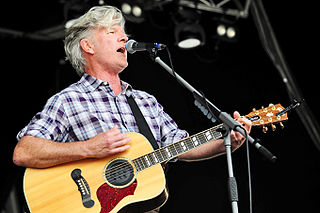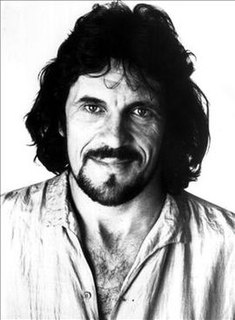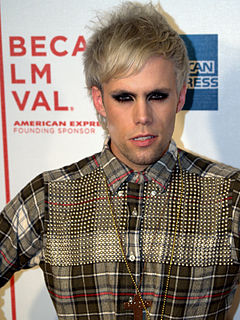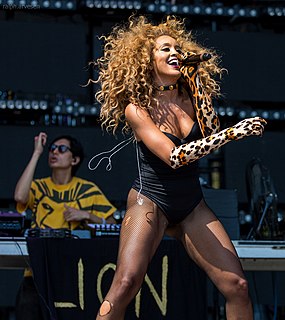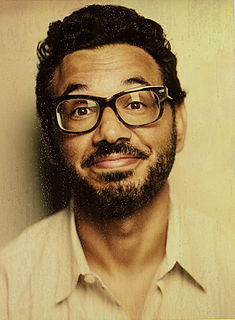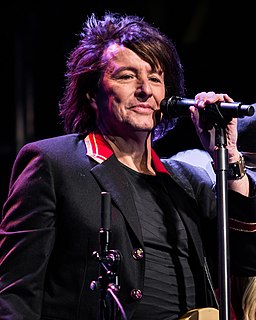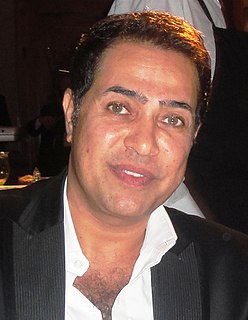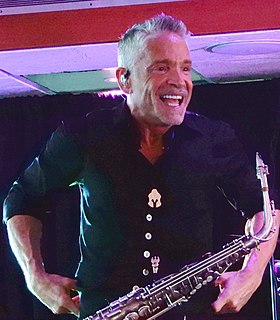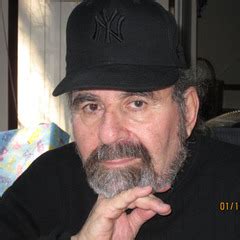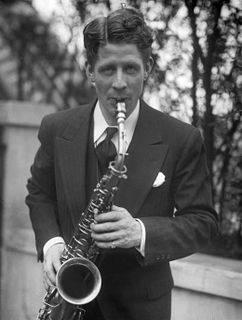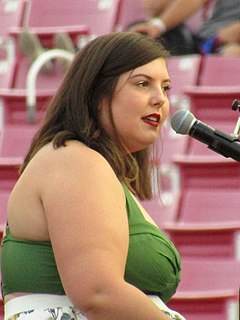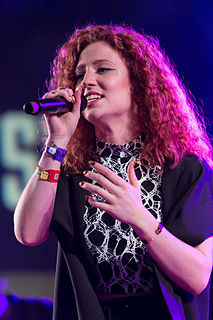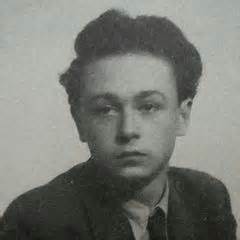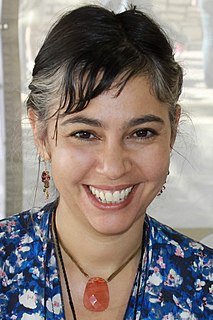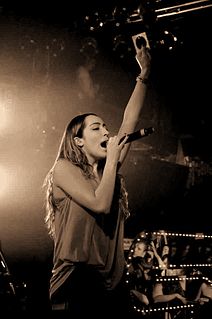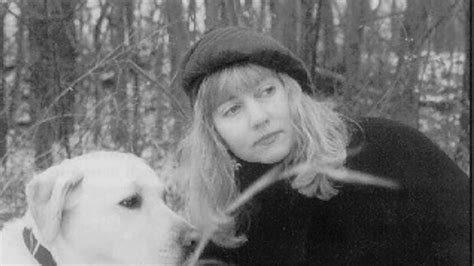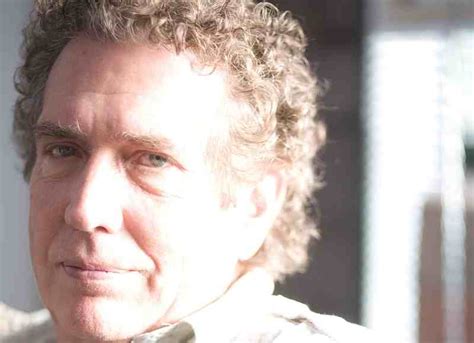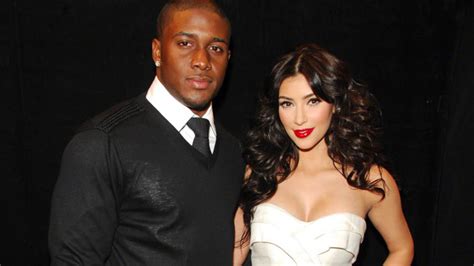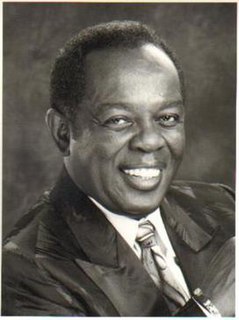Top 1200 Lyric Poetry Quotes & Sayings - Page 17
Explore popular Lyric Poetry quotes.
Last updated on October 12, 2024.
Herein is the explanation of the analogies, which exist in all the arts. They are the re-appearance of one mind, working in many materials to many temporary ends. Raphael paints wisdom, Handel sings it, Phidias carves it, Shakspeare writes it, Wren builds it, Columbus sails it, Luther preaches it, Washington arms it, Watt mechanizes it. Painting was called "silent poetry," and poetry "speaking painting." The laws of each art are convertible into the laws of every other.
To later Romans Ennius was the personification of the spirit of early Rome; by them he was called "The Father of Roman Poetry." We must remember how truly Greek he was in his point of view. He set the example for later Latin poetry by writing the first epic of Rome in Greek hexameter verses instead of in the old Saturnian verse. He made popular the doctrines of Euhemerus, and he was in general a champion of free thought and rationalism.
Poetry began in the matriarchal age, and derives its magic from the moon, not from the sun. No poet can hope to understand the nature of poetry unless he has had a vision of the Naked King crucified to the lopped oak, and watched the dancers, red-eyed from the acrid smoke of the sacrificial fires, stamping out the measure of the dance, their bodies bent uncouthly forward, with a monotonous chant of "Kill! kill! kill!" and "Blood! blood! blood!
If a serious statement is defined as one that may be made in terms of waking life, poetry will never rise to the level of seriousness. It lies beyond seriousness, on that more primitive and original level where the child, the animal, the savage, and the seer belong, in the region of dream, enchantment, ecstasy, laughter. To understand poetry we must be capable of donning the child's soul like a magic cloak and of forsaking man's wisdom for the child's.
What poetry is asking us to accept can be difficult. Our proximity to our mortality, the fragility of our existence, how close we live in every moment to nameless abysses, and the way language itself is beautifully, tragically, thrillingly insufficient...these are some of the engines that drive the poem. It's natural to want to turn away from these things. But we have to face them, as best we can, at least sometimes. Poetry can help us in that nearly impossible work.
Poets are political, they have to be reflections of their times [because] they're living in their times... Poetry is political in that it's standing in opposition to fascism. Good poetry asks a bunch of questions and asks the audience to interact with themselves or see themselves in it; maybe you like it or you don't like it. But the fascist sort of stuff plays on your fears and tells you to jump on the party line and gives some simple excuses - blame this person.
Poetry leads us to the unstructured sources of our beings, to the unknown, and returns us to our rational, structured selves refreshed. Having once experienced the mystery, plenitude, contradiction, and composure of a work of art, we afterward have a built-in resistance to the slogans and propaganda of oversimplification that have often contributed to the destruction of human life. Poetry is a verbal means to a nonverbal source. It is a motion to no-motion, to the still point of contemplation and deep realization.
Where philosophy ends, poetry must commence. There should not be a common point of view, a natural manner of thinking which standsin contrast to art and liberal education, or mere living; that is, one should not conceive of a realm of crudeness beyond the boundaries of education. Every conscious link of an organism should not perceive its limits without a feeling for its unity in relation to the whole. For example, philosophy should not only be contrasted to non-philosophy, but also to poetry.
When modernist poetry, or what not so long ago passed for modernist poetry, can reach the stage where the following piece by Mr. Ezra Pound is seriously offered as a poem, there is some justification for the plain reader and orthodox critic who shrinks from anything that may be labelled 'modernist' either in terms of condemnation or approbation. Better he thinks, that ten authentic poets should be left for posterity to discover than one charlatan should be allowed to steal into the Temple of Fame.
I'm achingly aware of my own limitations as both part of the human race and as an individual. I'm just, casting this out that, maybe, I'm not so perfect as is the affront I oft put on. After all, the lyric is 'I wish I was special'. I truly just want to be loved and accepted, I think, like all humans.
I've had the good fortune to read a lot of great American writers in translation, and my absolute beloved, for me one of the greatest writers ever, is Mark Twain. Yes, yes, yes. And Whitman, from whom the whole of 20th-century poetry sprung up. Whitman was the origin of things, someone with a completely different outlook. But I think that he's the father of the new wave in the world's poetry which to this very day is hitting the shore.
Among all the valuable things of this world, the word is the most precious. For in the word one can find a light which gems and jewels do not possess; a word may contain so much life that it can heal the wounds of the heart. Therefore, poetry in which the soul is expressed is as living as a human being. The greatest reward that God bestows on man is eloquence and poetry. This is not an exaggeration, for it is the gift of the poet that culminates, in time, with the gift of prophecy.
Whoever lives for poetry must read everything. How often has the light of a new idea sprung for me from a simple brochure! When one allows himself to be animated by new images, he discovers iridescence in the images of old books. Poetic ages unite in a living memory. The new age awakens the old. The old age comes to live again in the new. Poetry is never as unified as when it diversifies.
IN PERSIA I SAW that poetry is meant to be set to music & chanted or sung--for one reason alone--because it works.A right combination of image & tune plunges the audience into a hal (something between emotional/aesthetic mood & trance of hyperawareness), outbursts of weeping, fits of dancing--measurable physical response to art. For us the link between poetry & body died with the bardic era--we read under the influence of a cartesian anaesthetic gas.
He carried Paul inside and up the stairs. He gave him a drink of water and the orange chewable aspirin he like and sat with him on the bed, holding his hand...This was what he yearned to capture on film: these rare moments where the world seemed unified, coherent, everything contained in a single fleeting image. A spareness that held beauty and hope and motion - a kind of silvery poetry, just as the body was poetry in blood and flesh and bone.
I don't really think in terms of the future of literature. I think literature will be around "forever" - but in a relatively niche way, like jazz and poetry, although probably more widely consumed than jazz and poetry since it's fundamentally a narrative form. And I think that's important and places like Word Riot and 'The New York Tyrant' and 'n+1' will be responsible for keeping it alive.
Forget what you learned about poetry in school. (That it's complex, opaque, a problem to be solved in 1500 words by tomorrow.) Poetry is the last preserve of honest speech and the outspoken heart. It holds the cadence of common life. It has a passion for truth and justice and liberty; it is a buoy to people in ordinary trouble: to a friend whose life has gone skidding into the meridian, who has been struck by bad news, who is frying eggs and hash browns and has whiny child clinging to his pant leg.
I began writing for kids because I wanted to effect a change in American society. I continue in that spirit. By the time we reach adulthood, we are closed and set in our attitudes. The chances of a poet reaching us are very slim. But I can open a child's imagination, develop his appetite for poetry, and more importantly, show him that poetry is a natural part of everyday life. We all need someone to point out that the emperor is wearing no clothes. That's the poet's job.
... poetry is not a luxury. It is a vital necessity of our existence. It forms the quality of the light within which we predicate our hopes and dreams toward survival and change, first made into language, then into idea, then into more tangible action. Poetry is the way we help give name to the nameless so it can be thought. The farthest horizons of our hopes and fears are cobbled by our poems, carved from the rock experiences of our daily lives.
The secret of understanding poetry is to hear poetry's words as what they are: the full self's most intimate speech, half waking, half dream. You listen to a poem as you might listen to someone you love who tells you their truest day. Their words might weep, joke, whirl, leap. What's unspoken in the words will still be heard. It's also the way we listen to music: You don't look for extractable meaning, but to be moved.
If the United States haven't grown poets, on any scale of grandeur, it is certain that they import, print, and read more poetry than any equal number of people elsewhere -- probably more than the rest of the world combined. Poetry (like a grand personality) is a growth of many generations -- many rare combinations. To have great poets, there must be great audiences too.
A magical portal opened inside my mind and conducted me into an astonishing world. [...] Before this moment I had divined but had never known with such positiveness that the world is extremely large and that suffering and toil are the companions and fellow warriors not only of Cretan, but of every man. [...] That by means of poetry all this suffering and effort could be transformed into dream; no matter how much of the ephemeral existed, poetry could immortalize it by turning it into song.
I find it hard to write with writers sometimes because of their way of writing. Some are heavily focused on structure, but I have more of a 'Let's go with it' mindset. I like to be creative, and when I hear something that inspires me, I'll come up with a melody, a lyric to that melody, and take it from there. I try to keep it open.
I tend to like the way poets form communities. Writing can be lonely after all. Modern life can be lonely. Poets do seem to be more social than fiction writers. This could be because of poetry's roots in the oral tradition - poetry is read aloud and even performed. I'm just speculating, of course. At any rate, because poets form these groups, they learn from one another. That is one of the best things about being a poet.
Mathematics is a form of poetry which transcends poetry in that it proclaims a truth; a form of reasoning which transcends reasoning in that it wants to bring about the truth it proclaims; a form of action, of ritual behavior, which does not find fulfilment in the act but must proclaim and elaborate a poetic form of truth.
In high school, in 1956, at the age of sixteen, we were not taught "creative writing." We were taught literature and grammar. So no one ever told me I couldn't write both prose and poetry, and I started out writing all the things I still write: poetry, prose fiction - which took me longer to get published - and non-fiction prose.
In a way, that's also a recognition that Dante needs Virgil and that the Inferno needs the Aeneid and that the epic needs a model and that for Dante to write this great poem he needs someone to come before him and he turns to Virgil's text, especially book six where Aeneas goes down into the underworld. And for me, that's a model of the poet's relationship to previous poetry, to another poetry as calling out for guidance.
We are bored in the city, there is no longer any Temple of the Sun. Between the legs of the women walking by, the dadaists imagined a monkey wrench and the surrealists a crystal cup. That's lost. We know how to read every promise in faces-the latest stage of morphology. The poetry of the billboards lasted twenty years. We are bored in the city, we really have to strain to still discover mysteries on the sidewalk billboards, the latest state of humor and poetry.
The man who invented Eskimo Pie made a million dollars, so one is told, but E.E. Cummings, whose verse has been appearing off andon for three years now, and whose experiments should not be more appalling to those interested in poetry than the experiment of surrounding ice-cream with a layer of chocolate was to those interested in soda fountains, has hardly made a dent in the doughy minds of our so-called poetry lovers.
My path to poetry was slow and meandering. When I eventually found my way to graduate school at 29, making a life as a poet seemed like a bohemian fantasy. But maybe my zigzagging trajectory is just an excuse for tardiness, when fear is really the root of any reason I might give. My perfectionism and pace are certainly driven by fear that a poem is imperfect or incomplete. More significantly, my struggle to fully dedicate myself to poetry was a fear of failure.
A lot of people think they can write poetry, and many do, because they can figure out how to line up the words or make certain sounds rhyme or just imitate the other poets they've read. But this boy, he's the real poet, because when he tries to put on paper what he's seen with his heart, he will believe deep down that there are no good words for it, no words can do it, and at that moment he will have begun to write poetry.
Cultural criticism finds itself faced with the final stage of the dialectic of culture and barbarism. To write poetry after Auschwitz is barbaric. And this corrodes even the knowledge of why it has become impossible to write poetry today. Absolute reification, which presupposed intellectual progress as one of its elements, is now preparing to absorb the mind entirely. Critical intelligence cannot be equal to this challenge as long as it confines itself to self-satisfied contemplation.
We hate poetry that has a palpable design upon us - and if we do not agree, seems to put its hand in its breeches pocket. Poetry should be great & unobtrusive, a thing which enters into one's soul, and does not startle it or amaze it with itself but with its subject. - How beautiful are the retired flowers! how would they lose their beauty were they to throng into the highway crying out, "admire me I am a violet! dote upon me I am a primrose!"
Of all the art forms, poetry is the most economical. It is the one which is the most secret, which requires the least physical labor, the least material, and the one which can be done between shifts, in the hospital pantry, on the subway, and on scraps of surplus paper. ... poetry has been the major voice of poor, working class, and Colored women. A room of one's own may be a necessity for writing prose, but so are reams of paper, a typewriter, and plenty of time.





